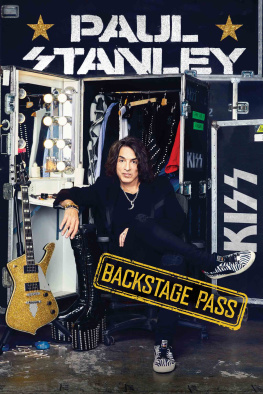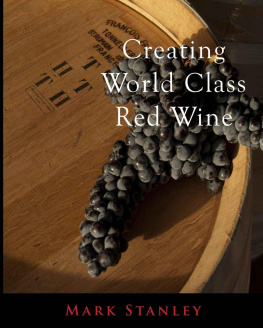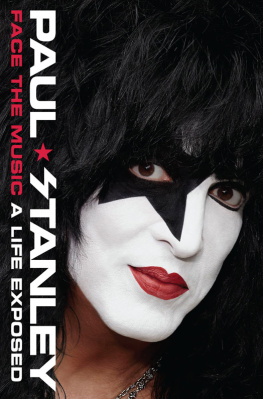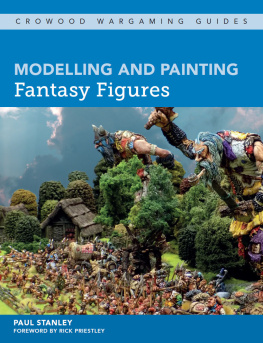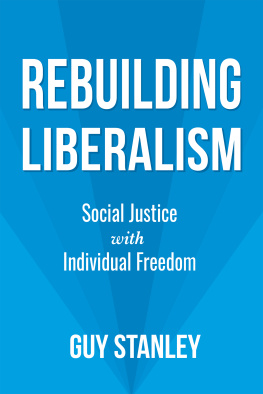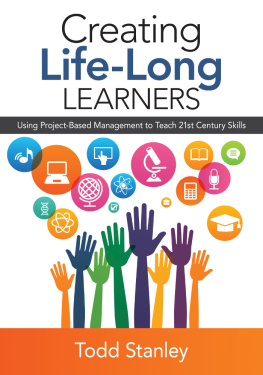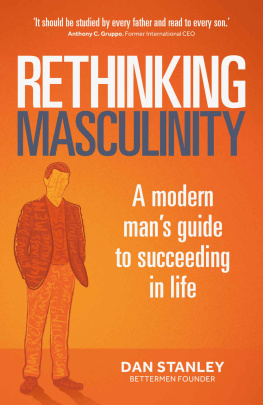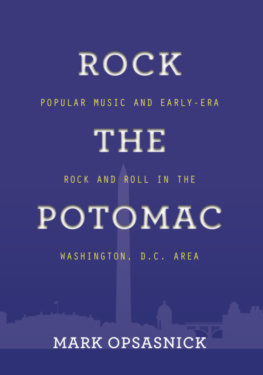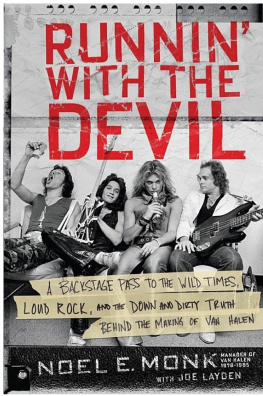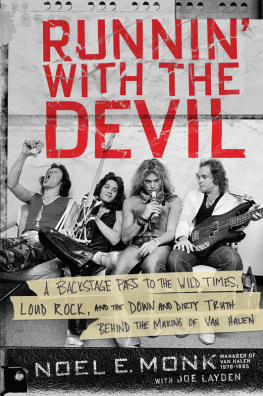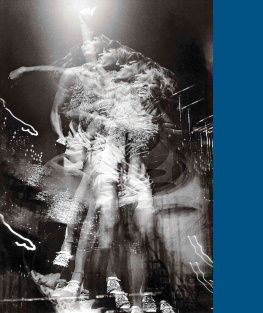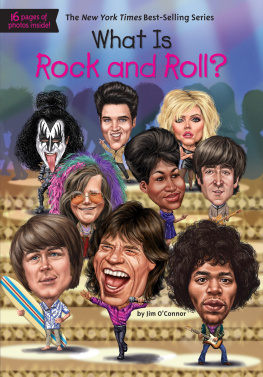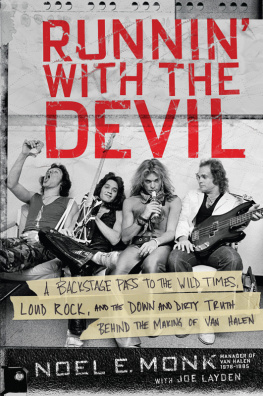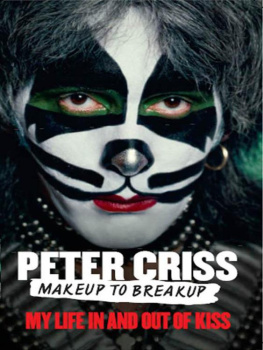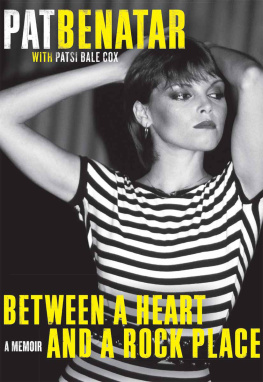There was a time when I wished my father would die.
Before my mom passed away, my dad was not a nice person. He was really difficult to be around and very angry. So I hoped he wouldnt be aroundand that his death would be a quick solution to the ugliness that was happening between my parents and tainting so much around him.
But Im lucky: in the years since the publication of my first book, Face the Music, Ive been fortunate enough to get to a point where I can say to my dad, I wish you could be here forever.
Hes going to be ninety-nine, and in these most recent years, rather than being saddled with strictly negative memories, I have been given some things Ill actually miss.
My dad had a hard time reading Face the Music because I talked so openly about the misery I experienced as a child, the lack of support I got at home, and the problems between my parentsthe constant fighting and lack of affection. Since the book came out, Ive found myself sometimes recollecting things with my dad that he doesnt rememberbut that were great. He took me to the opera, for instance. And he took me to museums. So although he couldnt connect with me on an emotional level, he still took me places that shaped who I am, the good and the bad.
What I left out of Face the Music was the fact that, despite his flaws, my dad was well intentioned. In the past, I regarded that as irrelevant. But now I can see that it did make a differenceand that I can learn from that too.
To try to illustrate this to my dad, I reminded him of the time when I was probably eight or nine years old and asked him for sunglasses. I told him I wanted to buy sunglasses at the luncheonette around the corner from our apartment. And he said, No, Ill get you good sunglasses. So he ordered a pair of quality sunglasses from an optometrist, but unfortunately it backfired, because when I saw them, I hated them. Ive sat with him since Face the Music came out and said, Remember, you bought me good glasses.
The process that made our relationship ultimately so much better was setting boundaries, which creates a level of self-respect and respect for other people. We cant allow somebody to make a fool of us or lower our self-worth or treat us less than we believe is acceptable. Its fine to set the rules for interactions: let someone know what is acceptable and what isnt. Thats not sitting down when we meet somebody and reading them the riot act. It happens through their seeing how we deal with situations with others and how we deal with situations with them. Ive said all of this to my adult son, Evan, and I believe its very important.
Initially my parents were thrown by the idea that I could say something to them that they thought was unacceptable, or that I could hang up the phone on my father when I thought he was out of line. He would call me back and say, You hung up on me! And I would say, Yeah, I told you that talking to me like that is not acceptable.
Its important in all relationships to preserve and protect our self-respect.
Even so, Im a strong advocate of leaving as little to regret as possible. As my life has progressed, Ive always wanted to make sure that I didnt have coulda-shoulda-woulda scenarios left on my plate. I would rather hash these things out. Seeing my dad at ninety-eight means that every day is unknown and precarious. For both of our benefit, its not a time to leave things unsaid.
Talking with my dad about his demise is addressing the elephant in the room. Its no secret to him that his days are numbered. He has an almost contradictory outlook about that: he says hes lived too long and all the people he knew have died. To which I reply, Theyd all change places with you. But when hes not well, he makes sure he goes to the hospital and then says, Boy, that was close.
So on one hand, he says he shouldnt be here, but on the other hand, on some level he wants to be here.
Theres so much to be lost by not talking about mortality. And in the course of the conversations Ive had with him about it, I realized I needed to tell him that his grandchildren will miss him, and as basic and as childish as it sounds, I needed to tell him that I will miss him too. That I will miss him and that I wish he could stay forever.
The night before I decided to first broach this topic with my dad, I thought I had to talk to him tomorrow because I didnt know how many tomorrows we had left. The change in our relationship needed to be acknowledged. So I told him, You know, Ill miss you.
Which is a terrific change. I couldnt have said that to him five years ago, because five years ago I wasnt rooting for him. But I needed to say it, and I didnt want to end up thinking what so many people in similar situations think after its too late: I wish Id told him when Id had the chance.
I did have the chance, and I wanted to use it.
Thats something really cool about this chapter of my life. Not that our conversations erase the past, but rather than being left with a lot of bitterness or bad memories, I enjoy being around the person my dad has become. And hes learned to be supportive. I feel very fortunate.
And I guess it ties in to the other thing Ive learned: that my dad will continue on. Yes, I will remember the things that werent so great, but I will also remember the fact that we came to terms with each other. Thats a good thing. Thats a great thing.
Thats a gift.
My dad is a much nicer personstill haunted by his demons, still haunted by guilt, but nice and kind. Setting boundaries for other people allows us to decide what is acceptable and what isnt. And my verbalizing my boundaries to my father, making clear to him what is acceptable and what isnt, was probably the start of the transformation between us. These days my dad is very supportive and comes out to see my musical side project, Soul Station. He wants to know how the shows go and how my art exhibitions go. He compliments me on things I do. And it doesnt matter how old we are; everybody wants their parents approval.
In the past, my dads acknowledgment of my accomplishments, if I ever got any, was always tinged with jealousy and resentment. To have it without that is a blessing, because his life ishe knows and I knowcoming to an end.
So Im blessed.
Im blessed that I can tell him that I love him, that Ill miss him. Its something I didnt expect, and its something I didnt have before and didnt have when I wrote Face the Music. Its a good thing.
I dont want my dad to die. Now Im lucky enough to be able to tell him that I wish he wouldnt die and I wish he could always be here. Its a gift to him, but its probably a bigger gift to me, because Im going to remain. Ive tied up the loose ends.
The end of Face the Music feels like the end. But its never the end. Theres always a new end. And a new beginning.
Finding both is what this book is about. If youre young and envisioning a new path forward that will lead you to a better end, or youre farther along in years and looking to reimagine a different future, this book is an all-access pass to what Ive learned. I hope it serves you well.
Who doesnt long for the mythical backstage pass? In rock and roll, the backstage pass is the golden ticket. Its the pass that allows you to see what most people never get a chance to seethe inner workings; the pass that allows you to see behind the curtain and glimpse the true Wizard of Oz. The backstage pass allows you to see all the dedication and debauchery that is everyones fantasy. But how real is that fantasy?
In life we often yearn for something and seek it out, only to be surprised by the reality. But therein lies the gift. Everything isnt always as it appears, and reality can be far more life changing than our fantasy.

